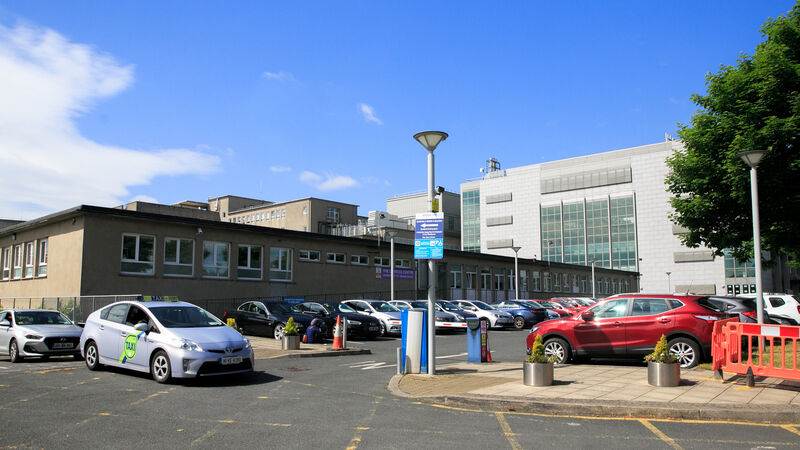Letters to the Editor: Disparities in the provision of maternity services

The site of New National Maternity Hospital on Sisters of Charity Land at St Vincent's University Hospital in Dublin. Picture:Gareth Chaney/Collins Photos
Try from €1.50 / week
SUBSCRIBEWe’ve been hearing a lot about our maternity services over recent months yet I wonder have we been hearing enough from those who can tell us most. How much do we actually know about the functional disparities in the provision of quality maternity care across our regions?
I mean relative to what the rest of Europe might consider the basics: Adequate numbers of beds and sufficient space inwards before and after birth; provision and ongoing maintenance of up-to-date clinical equipment; free and adequate drop off/pick up and parking facilities; full staffing with fully trained midwifery teams and family health nurse liaisons to GP, PHN, and gynaecologist; good air quality; the same quality of holistic care — both clinical and supportive — across the services and regions, regardless of
location, public or private access, age, or other circumstances.
Already a subscriber? Sign in
You have reached your article limit.
Annual €130 €80
Best value
Monthly €12€6 / month
Introductory offers for new customers. Annual billed once for first year. Renews at €130. Monthly initial discount (first 3 months) billed monthly, then €12 a month. Ts&Cs apply.
Newsletter
Sign up to the best reads of the week from irishexaminer.com selected just for you.

Select your favourite newsletters and get the best of Irish Examiner delivered to your inbox
Saturday, February 7, 2026 - 11:00 PM
Saturday, February 7, 2026 - 9:00 PM
Saturday, February 7, 2026 - 12:00 PM
© Examiner Echo Group Limited